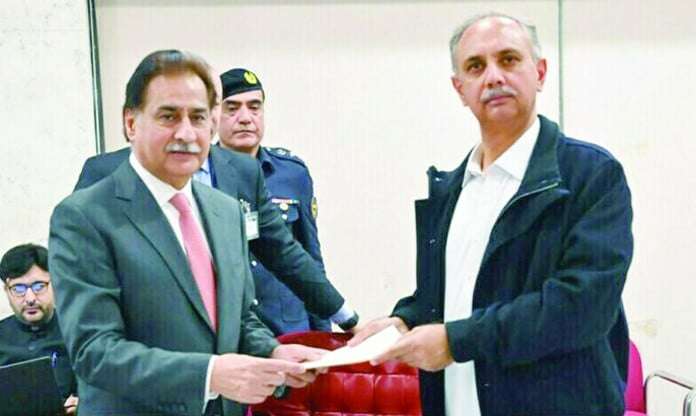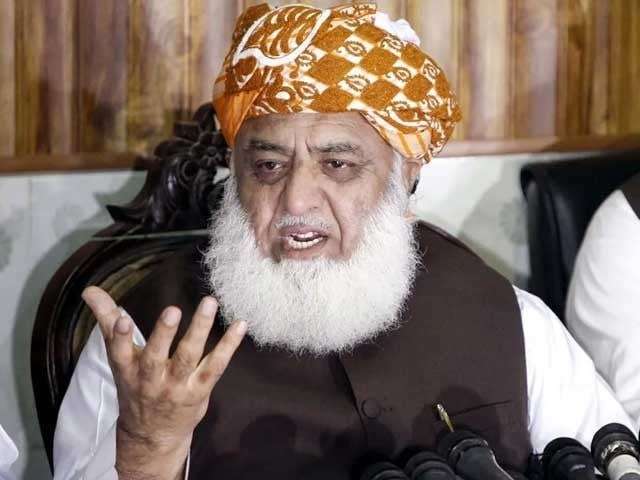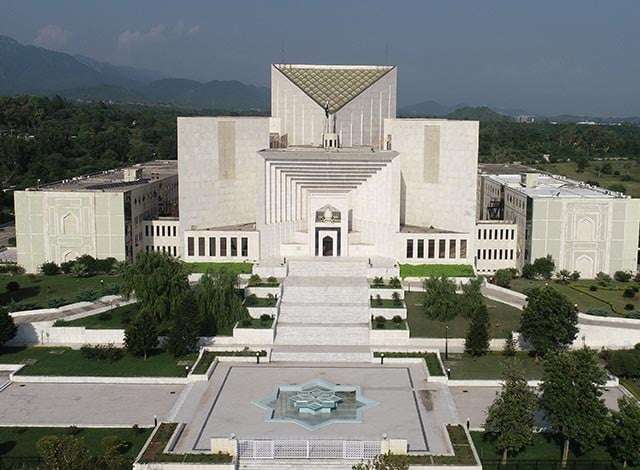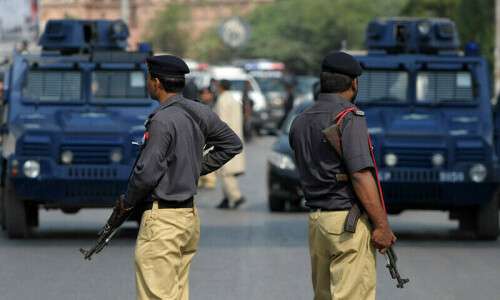Introduction: PTI Boycotts Negotiations Amid Delay on Judicial Commission Formation
The Pakistan Tehreek-e-Insaf (PTI) has made a significant decision to boycott the fourth round of talks with the government, following the delay in the formation of judicial commissions. The political party’s move comes just a day after its chairman, Imran Khan, instructed the suspension of all talks due to the government’s failure to meet the agreed deadlines. Despite the initial willingness to engage in dialogue, the lack of progress on the formation of these commissions led PTI to step back from the negotiation table.
In this article, we will explore the background of the PTI’s decision to skip the fourth round of talks, the reasons behind it, and the larger political context surrounding the situation.
PTI’s Withdrawal from Talks
The Scheduled Meeting and the Boycott
The National Assembly Speaker, Ayaz Sadiq, had scheduled the fourth round of talks for January 28, at 11:45 AM. This meeting was expected to include representatives from both the government and PTI to discuss the ongoing issues. However, PTI members have now opted out of the proceedings.
Speaking to the media outside the Parliament House, PTI Chairman Barrister Gohar Ali Khan, accompanied by prominent party figures such as Omar Ayub Khan, Shibli Faraz, and Ali Mohammad Khan, explained that the decision to suspend the talks was prompted by the government’s failure to form judicial commissions within the agreed timeline.
The Judicial Commission Issue
Why Was PTI Demanding Judicial Commissions?
The formation of judicial commissions has been a central demand of PTI throughout the ongoing political negotiations with the government. These commissions are intended to investigate specific incidents that PTI believes require independent and impartial inquiry. PTI has voiced its frustration over the delay, arguing that the government had agreed to set up the commissions within seven days but had failed to deliver on this promise.
Imran Khan had initially shown flexibility by approving negotiations despite various political charges against the party. However, the government’s delay in setting up the commissions prompted PTI’s decision to withdraw from the dialogue process, calling into question the government’s commitment to resolving key issues.
Government’s Delayed Action and PTI’s Frustration
Failure to Meet Deadlines
Barrister Gohar Ali Khan expressed his dissatisfaction with the government’s failure to announce the judicial commissions within the stipulated time. He remarked that PTI’s demands were straightforward, yet the government had not taken action on them, leaving PTI no choice but to suspend the ongoing talks.
The government’s delay not only damaged its credibility in the eyes of PTI but also raised serious concerns about its sincerity in resolving the political tensions between the two parties.
Parliamentary Practices and Legislative Concerns
Swift Passage of Laws and Lack of Debate
Another point of contention for PTI was the quick passage of laws in Parliament. Gohar highlighted that the government approved eight laws in just 11 minutes, and there had been no adequate debate on crucial bills. According to him, 37 bills were passed hastily without proper deliberation, many of which were rejected by the President.
In comparison to parliamentary practices in other democracies, such as India, where legislative sessions often involve thorough discussion, the PTI expressed concern over the lack of transparency and debate in Pakistan’s Parliament. Gohar’s remarks underscored the need for a more inclusive and transparent legislative process that reflects democratic values.
PTI’s Demand for the Release of Party Prisoners
In addition to the formation of judicial commissions, PTI has also called for the release of party prisoners who are believed to have been arrested due to political reasons. The party’s demand for the formation of judicial commissions was coupled with the request to free these prisoners as part of the broader political settlement.
However, despite multiple rounds of talks, these key issues have not been resolved, leaving PTI to wonder whether the government is genuinely committed to addressing their concerns.
Limited Progress in Talks
A Stalled Dialogue
Negotiations between the PTI and the government began with the aim of resolving various political issues. Despite three rounds of talks, there has been little progress on the central issues, including the judicial commissions and the release of prisoners. PTI had submitted its demands in writing during the third round of talks on January 16, yet there has been minimal advancement since then.
This stagnation in the talks has created frustration within PTI, especially given the repeated delays in the formation of judicial commissions and the lack of action from the government.
PTI’s Strategy Going Forward
Imran Khan’s Role and Future Plans
Imran Khan’s decision to suspend the talks has shifted the dynamics of the ongoing negotiations. While PTI remains open to dialogue in principle, the party’s leadership has made it clear that talks will not continue unless the government meets its demands, particularly regarding the judicial commissions and the release of prisoners.
The party leadership remains steadfast in its position, asserting that the government must demonstrate its willingness to honor agreements before any further discussions can take place.
Frequently Asked Questions (FAQs)
1. Why did PTI decide to boycott the fourth round of talks?
PTI decided to boycott the fourth round of talks due to the government’s failure to form judicial commissions within the agreed seven-day period. The delay in meeting PTI’s demands led to the suspension of talks.
2. What are the judicial commissions that PTI is demanding?
PTI is calling for the formation of judicial commissions to investigate specific incidents that they believe require an independent inquiry, aiming to address political concerns and ensure accountability.
3. How many rounds of talks have taken place between PTI and the government?
Three rounds of talks have occurred between PTI and the government, but there has been minimal progress on key issues, including the formation of judicial commissions.
4. What is PTI’s position on the swift passage of laws in Parliament?
PTI has criticized the government for passing multiple laws in a short period without proper debate. They argue that this undermines the democratic process and transparency.
5. What is PTI’s demand regarding political prisoners?
In addition to the formation of judicial commissions, PTI has also called for the release of political prisoners believed to be incarcerated for political reasons.
Conclusion: Political Stalemate Continues
The PTI’s decision to withdraw from negotiations over the delay in judicial commission formation has left the political situation in Pakistan at a standstill. Despite initial hopes for resolution, the lack of action on critical issues, such as the judicial commissions and the release of party prisoners, has resulted in frustration for PTI.
As the political landscape remains tense, it is clear that the road to resolution is still long, with both sides needing to address these concerns before meaningful progress can be made.



